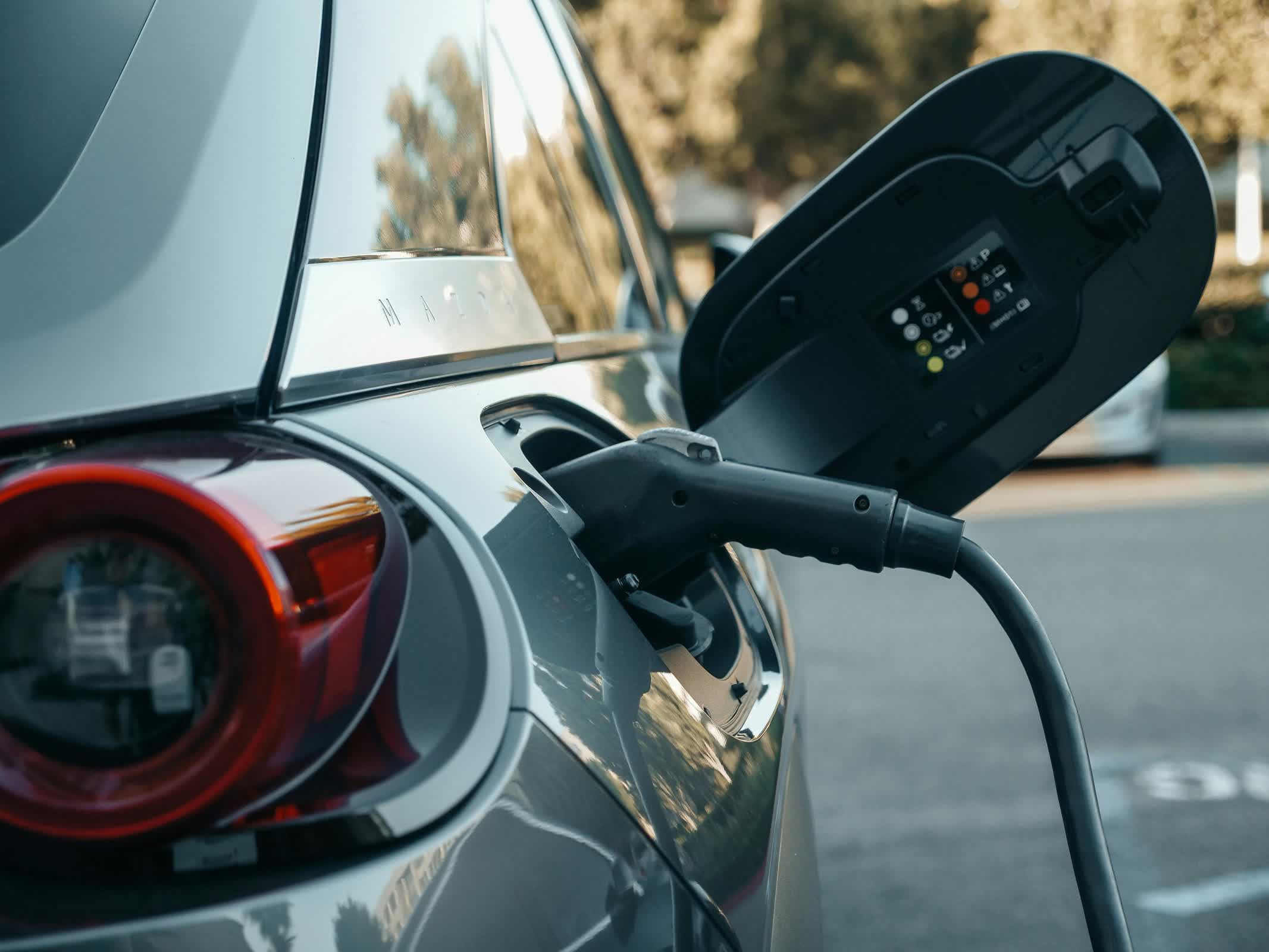Editor’s take: The energy sector has adopted the term “net-zero hero” to describe environmentally conscious actions taken by consumers, like installing solar panels or purchasing an electric car. This term is convenient for the industry because it shifts focus onto individual actions, allowing it to sidestep its own responsibility for reducing carbon emissions.
New research from the University of Sydney is challenging the energy sector’s narrative of individual responsibility in fighting climate change. The study, analyzing numerous public reports and media releases from the Australian energy industry, uncovers a dominant narrative that promotes the “net-zero hero” concept—encouraging individual consumers to believe they can make significant impacts on climate change through their personal choices.
Associate Professor Tom van Laer, a specialist in storytelling’s influence on behavior at the University of Sydney Business School, spearheaded the study. His research, covering 2015 to 2022, scrutinized resources from 44 entities within the Australian energy market, including energy providers, NGOs, and policymakers.
The study discovered a prevalent message within the energy sector: that consumers can substantially contribute to environmental preservation through mindful decisions, such as buying eco-friendly vehicles, turning off unused appliances, using off-peak hot water, and installing solar panels. This narrative emphasizes that by understanding, monitoring, and managing personal energy consumption, individuals can effect meaningful change.
Australia leads developed nations in per-capita greenhouse gas emissions at 14.51 tonnes per person, with the energy sector comprising nearly half of the nation’s total emissions. The United States closely trails with 13.64 tonnes per person. Globally, the energy sector is the largest energy consumer, utilizing over one-third of the world’s fuel supply.

Yet, van Laer contends that while this narrative appears aspirational, it neglects the necessity of corporate and regulatory transformations. By cultivating a “mythical market” of small-scale energy consumers—where it’s presumed everyone equally contributes to total emissions—the energy sector diminishes its accountability, despite having a much larger environmental impact.
He warns that without sufficient support systems, consumers might struggle to succeed as net-zero heroes. Furthermore, the heavy pressure placed on individuals can lead to feelings of hopelessness and disengagement instead of empowerment.
Australia stands out among developed nations for its high per-capita greenhouse gas emissions at 14.51 tonnes per person, with the energy sector responsible for almost half of the nation’s emissions. The U.S. is close behind with 13.64 tonnes per person. Energy consumption in the sector globally accounts for over one-third of the total fuel supply.
Van Laer argues that rather than imposing an impractical burden on consumers, emphasis should shift towards implementing systemic changes crucial for significant environmental progress.